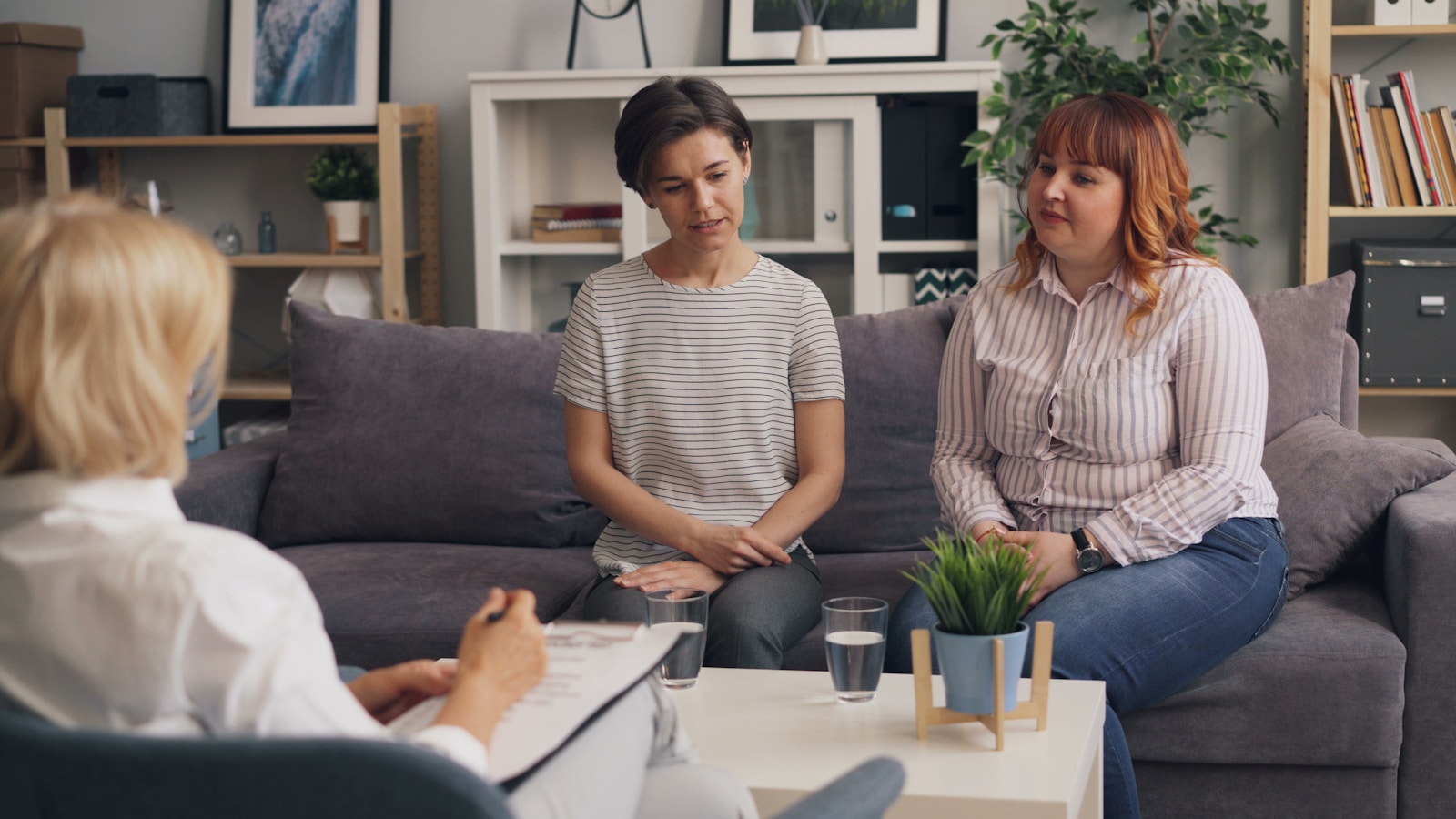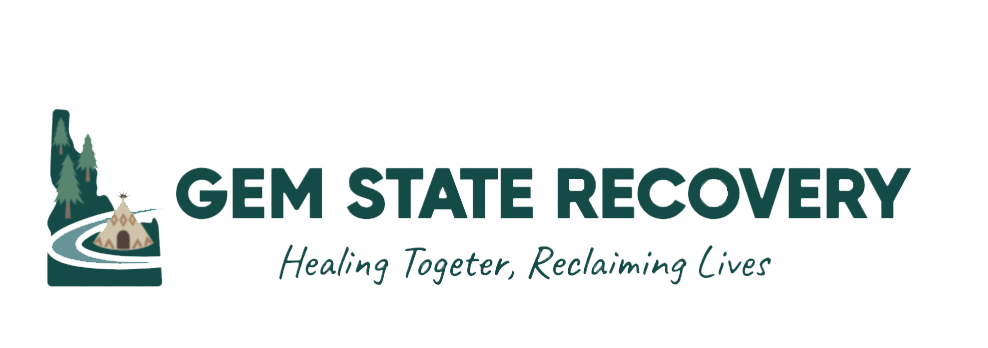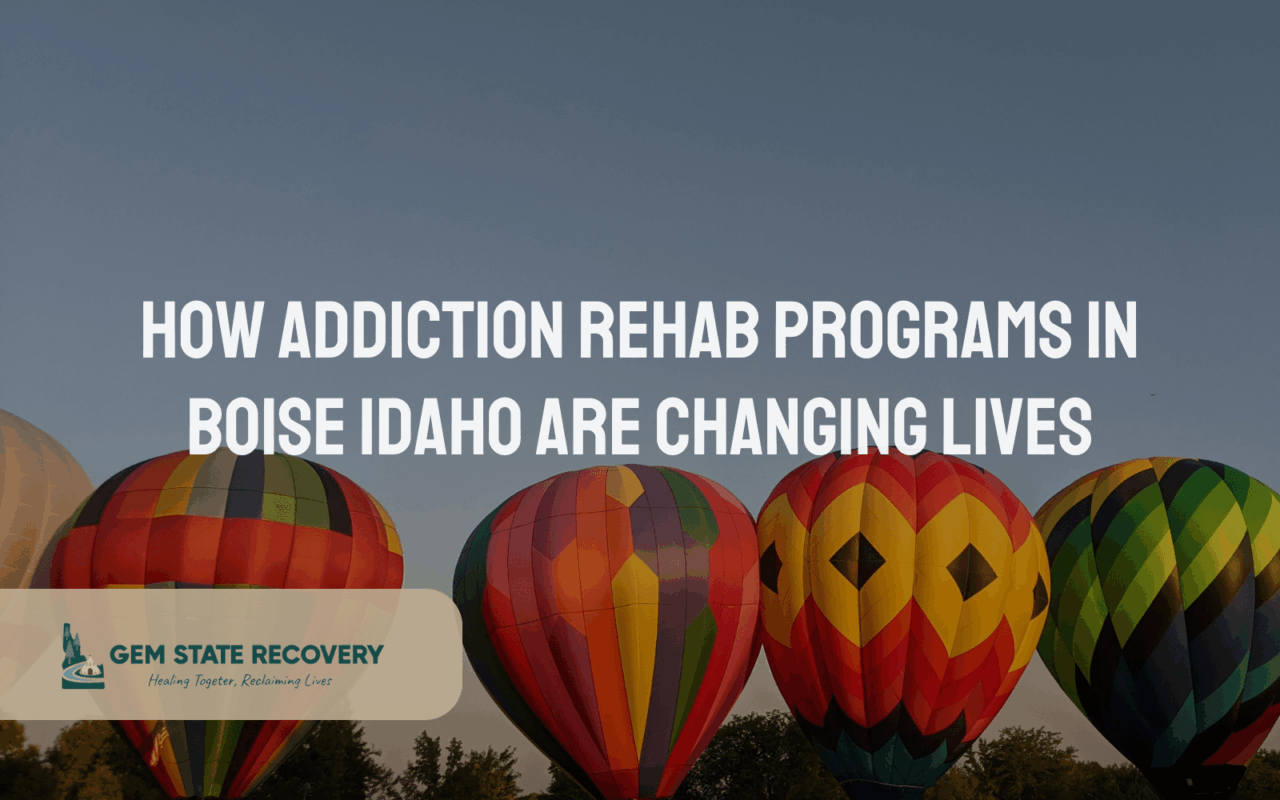In the heart of the Treasure Valley, a quiet revolution is taking place. Addiction rehab programs in Boise Idaho are transforming the landscape of substance abuse treatment, offering hope and healing to individuals and families across the region. As Idaho’s capital city continues to grow and evolve, so too does its commitment to addressing the complex challenges of addiction through innovative, comprehensive treatment approaches that are genuinely changing lives.
Addiction Rehab Programs in Boise Idaho, A Milestone
The city of Boise has recognized that addiction is not simply a moral failing or lack of willpower, but rather a complex medical condition that requires professional, evidence-based treatment. This understanding has led to the development of sophisticated addiction rehab programs in Boise Idaho that address the physical, psychological, and social aspects of substance abuse disorders. These programs represent a beacon of hope for the thousands of individuals who struggle with addiction in Idaho and the surrounding states.
The Foundation of Recovery: Comprehensive Detox Programs
The journey to recovery often begins with medically supervised detoxification, and addiction rehab programs in Boise Idaho have established themselves as leaders in providing safe, effective detox services. The detox program component of these facilities represents the critical first step in the recovery process, where individuals can safely withdraw from substances under professional medical supervision. Modern detox programs in Boise incorporate several essential elements that make them particularly effective:
24/7 Medical Monitoring: Round-the-clock supervision by licensed medical professionals ensures that withdrawal symptoms are managed safely and complications are addressed immediately
Medication-Assisted Treatment (MAT): Evidence-based medications are used to reduce withdrawal symptoms and cravings, making the detox process more comfortable and increasing the likelihood of successful completion
Nutritional Support: Comprehensive nutritional assessment and support help restore physical health that has often been compromised by substance abuse
Psychological Stabilization: Mental health professionals work with individuals during detox to address immediate psychological needs and prepare them for the next phases of treatment
Individualized Treatment Plans: Each person’s detox experience is tailored to their specific substance use history, medical conditions, and personal circumstances
Family Education: Loved ones receive information about the detox process and how they can best support their family member’s recovery journey
The success of detox programs within addiction rehab programs in Boise Idaho is measured not just by safe completion of withdrawal, but by successful transition into ongoing treatment programs that address the underlying causes of addiction.
Intervention Assistance: Bridging the Gap to Treatment
Many individuals struggling with addiction are unable to recognize the severity of their condition or are reluctant to seek help. Addiction rehab programs in Boise Idaho have developed comprehensive intervention assistance services that help families navigate this challenging situation with professional guidance and support. Intervention assistance programs offer multiple layers of support:
Professional Intervention Planning: Certified intervention specialists work with families to develop structured, compassionate intervention strategies that maximize the likelihood of treatment acceptance
Crisis Intervention Services: 24-hour crisis support helps families respond appropriately to addiction-related emergencies and dangerous situations
Motivational Enhancement: Specialized counselors use evidence-based techniques to help individuals find their own motivation for change and treatment engagement
Transportation Coordination: Direct transportation services ensure smooth transition from intervention to treatment facility, reducing opportunities for second thoughts or relapse
Insurance and Financial Planning: Assistance with insurance verification and financial arrangements removes barriers to treatment access
Aftercare Planning: Intervention doesn’t end with treatment admission; ongoing support helps maintain engagement throughout the recovery process
These intervention assistance services have proven instrumental in connecting individuals with the comprehensive care provided by addiction rehab programs in Boise Idaho, often serving as the bridge between active addiction and meaningful recovery.
Flexible Treatment Options: Inpatient and Outpatient Programs
Recognizing that recovery is not a one-size-fits-all process, addiction rehab programs in Boise Idaho offer both inpatient and outpatient program options that can be tailored to individual needs, circumstances, and recovery goals. This flexibility ensures that treatment remains accessible regardless of work schedules, family responsibilities, or other life commitments. Inpatient programs provide intensive, residential treatment with multiple advantages:
Immersive Environment: Complete removal from triggers and negative influences allows for focused healing and skill development
Intensive Therapy Schedule: Multiple therapy sessions per day, including individual, group, and specialized therapeutic modalities
Peer Support Community: 24-hour access to others in recovery creates strong support networks and accountability partnerships
Medical Supervision: Continuous medical monitoring ensures safety and addresses any health complications that arise during treatment
Structured Daily Routine: Carefully planned daily schedules help individuals develop healthy habits and time management skills
Comprehensive Services: Access to all therapeutic modalities, recreational therapy, and life skills training in one location
Outpatient programs offer flexibility while maintaining treatment intensity:
Work and Family Integration: Ability to maintain employment and family responsibilities while receiving professional treatment
Real-World Application: Immediate opportunity to practice recovery skills in actual life situations with professional support
Cost-Effective Care: Lower overall treatment costs make recovery accessible to more individuals and families
Gradual Transition: Step-down approach allows for gradual increase in independence while maintaining professional support
Community Integration: Treatment occurs within the individual’s home community, facilitating long-term recovery support network development
Extended Treatment Duration: Longer treatment periods possible due to lower intensity, allowing for more thorough skill development and integration
The availability of both inpatient and outpatient options within addiction rehab programs in Boise Idaho ensures that individuals can access appropriate care regardless of their specific circumstances or treatment needs.
Evidence-Based Therapeutic Approaches
Addiction rehab programs in Boise Idaho have distinguished themselves through their commitment to evidence-based therapeutic approaches that address the complex psychological aspects of addiction. These programs incorporate multiple therapeutic modalities that have been scientifically proven to be effective in treating substance use disorders. Cognitive Behavioral Therapy (CBT), Dialectical Behavior Therapy (DBT), and Eye Movement Desensitization and Reprocessing (EMDR) form the cornerstone of therapeutic intervention:
Cognitive Behavioral Therapy (CBT) Components:
Thought Pattern Recognition: Helping individuals identify negative thought patterns that contribute to substance use behaviors
Behavioral Modification Techniques: Teaching practical skills for changing harmful behaviors and developing healthy coping strategies
Relapse Prevention Planning: Developing personalized strategies for avoiding triggers and managing high-risk situations
Problem-Solving Skills: Enhanced ability to address life challenges without resorting to substance use
Stress Management: Evidence-based techniques for managing stress, anxiety, and other emotional triggers
Goal Setting and Achievement: Structured approach to setting and achieving recovery and life goals
Dialectical Behavior Therapy (DBT) Elements:
Mindfulness Training: Development of present-moment awareness and non-judgmental observation skills
Distress Tolerance: Learning to tolerate uncomfortable emotions and situations without using substances
Emotion Regulation: Skills for identifying, understanding, and managing intense emotions effectively
Interpersonal Effectiveness: Communication and relationship skills that support healthy connections with others
Radical Acceptance: Learning to accept difficult circumstances while working toward positive change
Crisis Survival Skills: Specific techniques for managing acute psychological distress without harmful behaviors
EMDR Therapy Applications:
Trauma Processing: Addressing underlying traumatic experiences that contribute to substance use disorders
Memory Integration: Helping the brain process traumatic memories in a way that reduces their emotional impact
Trigger Reduction: Decreasing the emotional charge of situations, people, or places that trigger substance use
Self-Worth Enhancement: Processing experiences that have contributed to negative self-concept and shame
Anxiety and Depression Treatment: Addressing co-occurring mental health conditions that complicate addiction recovery
Phobia and Fear Resolution: Treating specific fears or phobias that may interfere with recovery progress
Comprehensive Therapy and Support Services
The therapeutic framework within addiction rehab programs in Boise Idaho extends beyond individual therapy to include a comprehensive range of services designed to address all aspects of addiction recovery. Individual and group therapy, case management, family support, mentoring, alumni programs, and relapse prevention create a robust support system that addresses immediate treatment needs while building long-term recovery foundations.

Individual and Group Therapy Services:
Personalized Treatment Planning: One-on-one therapy sessions tailored to individual history, trauma, and recovery goals
Intensive Individual Counseling: Regular sessions with licensed addiction counselors and therapists specializing in substance use disorders
Specialized Group Therapy: Process groups, educational groups, and skill-building groups led by trained professionals
Peer Support Integration: Structured peer support groups that foster connection and mutual accountability
Family Therapy Sessions: Involving family members in the recovery process through guided therapeutic interactions
Couples Counseling: Addressing relationship dynamics that may contribute to or be affected by addiction
Multi-Disciplinary Approach: Coordination between therapists, medical professionals, and case managers for comprehensive care
Case Management and Coordination Services:
Treatment Plan Development: Comprehensive assessment and individualized treatment plan creation
Service Coordination: Connecting individuals with medical care, legal assistance, housing, and employment resources
Insurance Navigation: Assistance with insurance coverage, benefits verification, and financial planning for treatment
Appointment Scheduling: Coordination of all therapy, medical, and support service appointments
Progress Monitoring: Regular assessment of treatment progress and adjustment of services as needed
Discharge Planning: Comprehensive planning for successful transition from intensive treatment to ongoing recovery support
Resource Connection: Linking individuals and families with community resources that support long-term recovery
Building Lasting Recovery: Family Support and Alumni Programs
Addiction rehab programs in Boise Idaho recognize that sustainable recovery extends far beyond individual treatment to encompass family healing and ongoing community support. Support services for families and alumni programs create the foundation for long-term success by addressing the broader impact of addiction and providing continued connection to recovery resources.
Family Support Program Components:
Family Education Workshops: Comprehensive education about addiction as a disease, treatment processes, and recovery dynamics
Communication Skills Training: Teaching family members effective communication strategies that support recovery
Boundary Setting Guidance: Helping families establish healthy boundaries that promote recovery while protecting family wellbeing
Co-dependency Treatment: Addressing unhealthy family dynamics that may have developed around addiction
Support Groups for Families: Peer support groups specifically for family members affected by a loved one’s addiction
Crisis Intervention for Families: Support and guidance during addiction-related family crises and emergencies
Long-term Family Recovery Planning: Developing strategies for ongoing family healing and growth throughout the recovery process
Mentoring and Alumni Program Benefits:
Peer Mentorship Matching: Connecting individuals new to recovery with successful alumni who can provide guidance and support
Regular Alumni Meetings: Ongoing gatherings that maintain connection to the recovery community and treatment program
Professional Development Support: Career counseling, resume assistance, and job placement support for program alumni
Continued Education Opportunities: Workshops, seminars, and educational programs that support ongoing personal growth
Emergency Support Network: 24-hour access to alumni network for crisis support and accountability
Volunteer Opportunities: Meaningful ways for alumni to give back to the recovery community and maintain connection to their recovery journey
Family Integration Events: Regular activities that include family members and strengthen recovery support systems
Preventing Relapse: Long-term Success Strategies
The ultimate measure of success for addiction rehab programs in Boise Idaho is not just initial sobriety achievement, but long-term recovery maintenance. Comprehensive relapse prevention strategies are woven throughout all program components and continue long after formal treatment completion.
Relapse Prevention Program Elements:
Trigger Identification and Management: Detailed assessment of individual relapse triggers and development of specific coping strategies
High-Risk Situation Planning: Role-playing and planning for challenging situations that might threaten recovery
Support Network Development: Building strong networks of sober friends, family members, and recovery professionals
Lifestyle Modification: Comprehensive changes to daily routines, social activities, and environment to support recovery
Ongoing Monitoring and Check-ins: Regular assessment of recovery progress and adjustment of support services as needed
Emergency Action Plans: Specific protocols for managing cravings, high-stress situations, and potential relapse scenarios
Medication Management: For those requiring medication-assisted treatment, ongoing medical supervision and medication compliance support
Mental Health Integration: Continued treatment for co-occurring mental health conditions that might contribute to relapse risk
Spiritual and Personal Growth: Integration of spiritual practices, meditation, and personal development activities that strengthen recovery
Regular Recovery Skills Refresher Training: Ongoing education and skill-building to maintain and enhance recovery tools
Conclusion
The transformative power of addiction rehab programs in Boise Idaho extends far beyond individual recovery stories to create ripple effects throughout families, communities, and the broader region. As these programs continue to evolve and expand their services, they represent hope not just for those currently struggling with addiction, but for future generations who will benefit from reduced stigma, improved treatment access, and stronger community support for recovery. Success stories emerging from addiction rehab programs in Boise Idaho demonstrate that recovery is not only possible but sustainable when individuals receive comprehensive, evidence-based treatment that addresses all aspects of addiction.
These programs have created a model that other communities can emulate, proving that with proper resources, professional expertise, and community commitment, addiction can be treated successfully. The continued evolution of addiction rehab programs in Boise Idaho promises even greater success in the years ahead, as these programs adapt to new research findings, incorporate emerging therapeutic techniques, and expand their reach to serve more individuals and families affected by addiction. Through their comprehensive approach to treatment, ongoing innovation, and unwavering commitment to evidence-based care, these programs are genuinely changing lives and transforming communities throughout Idaho and beyond.
For anyone considering treatment or seeking help for a loved one struggling with addiction, reach out to us today for assistance by calling 1 (208) 314-3107 or visiting our website. The journey may be challenging, but with professional guidance, peer support, and evidence-based treatment, recovery is not just possible—it’s probable.





